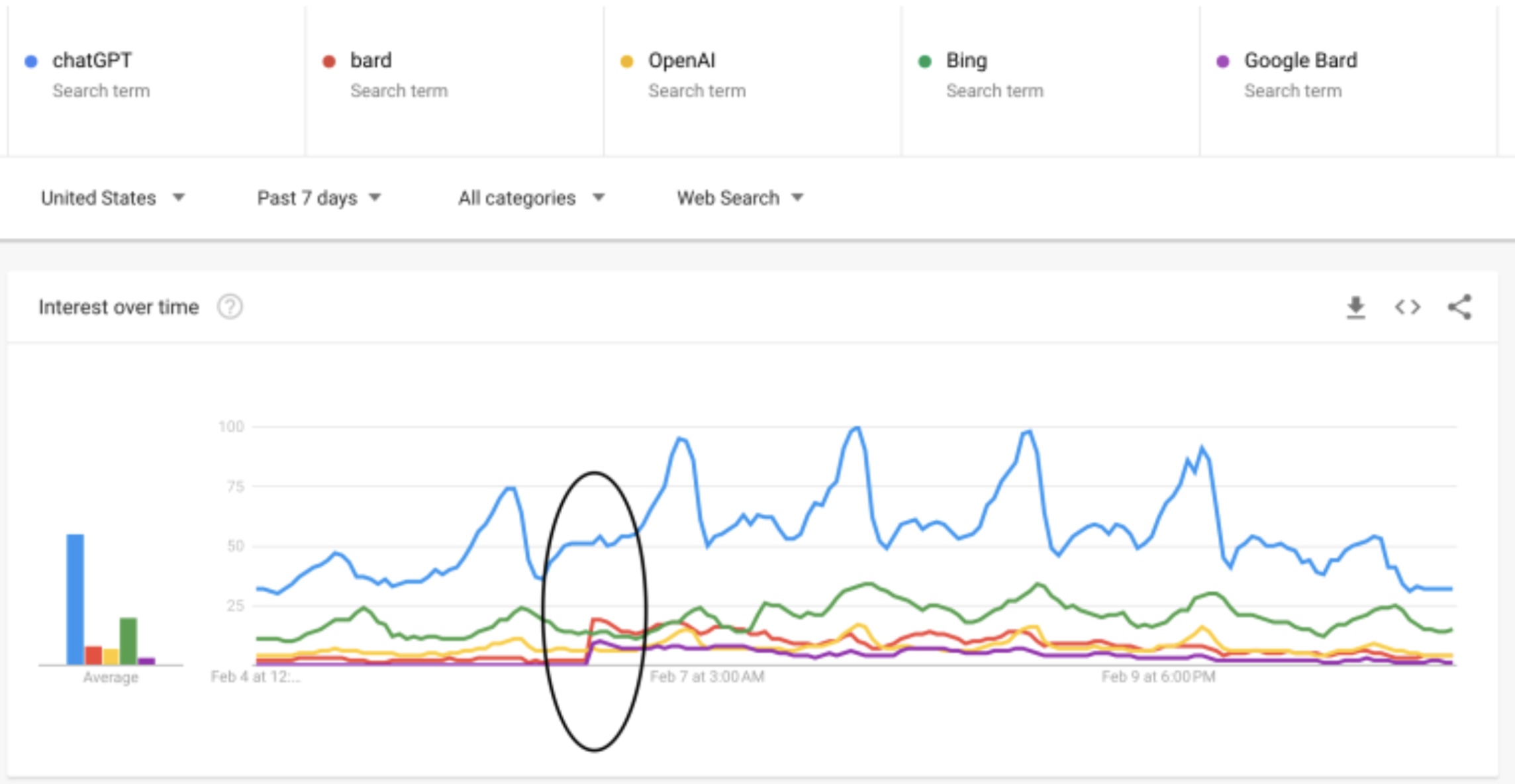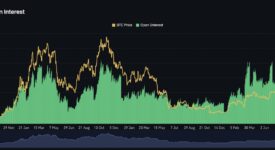Venture capital interest in cryptocurrency has decreased significantly since the bull run of 2021. At $2.3 trillion in market capitalization, every VC wanted a piece of the industry.
The picture is now very different. Another dominant force in the market has attracted the vast majority of venture funding over the past year: artificial intelligence large language models (LLMs).
However, AI has already started showing signs of weaknesses that indicate a giant bubble ready to pop. By the time most people realize it, it will be too late.
The beginning of AI domination
AI dominance in the VC market started on Nov. 30, 2022, with the launch of OpenAI’s ChatGPT. From OpenAI’s perspective, it couldn’t have chosen a better time.
With the collective failures of Celsius, Voyager, Three Arrows Capital, Terra and FTX, 2022 was a crypto nightmare. The VCs desperately wanted a way out of the seemingly toxic industry to park their cash elsewhere.
Precisely 19 days after the collapse of FTX, LLMs opened up an entirely new space for VCs to venture into. ChatGPT onboarded a million users in just five days, showing unprecedented demand in the market.
That was the opening companies like Google, Microsoft, Facebook and other tech behemoths needed to jump headfirst into the chaos searching for opportunities.
Microsoft acquired a significant chunk of OpenAI and launched the Bing AI chatbot. Google launched Bard, leveraging Google AI and DeepMind, its own version of GPT. Facebook ramped up its speed on developing Llama.
While these major companies compete on core products, thousands of smaller companies have launched to get a piece of the pie. As I mentioned above, VCs went all in on AI startups.
Jasper AI, a GPT-based copywriting platform, raised $125 million at a $1.5 billion valuation. Anthropic raised $450 million, backed by Google. Inflection AI, building Chatbot Pi, raised $1.3 billion at a $4 billion valuation. Mistral AI raised $113 million in seed funds with no products or proof-of-concept. In the entire first half of 2023, AI startups raised over $25 billion.
A survey conducted by PitchBook found that 74% of surveyed investors had invested in at least one artificial intelligence/machine learning startup. And 14% of them claimed to have invested in more than six such startups.
This and other such surveys show that AI has climbed the ladder from being a dormant research field to a lucrative marketplace in just a few months.
GPU shortage
The question one should ask is: Where exactly are these millions of dollars going? In any other space, a significant chunk of raised funds goes into research and development and customer acquisition. However, with AI, the focus is entirely elsewhere: graphics processing units.
These AI startups are spending the vast majority of raised funds on acquiring high-performing GPUs from companies like Nvidia and AMD. Taking the huge demand and a broken supply chain, we are looking at a critical GPU shortage right now.
An industry insider analyzed the current demand for GPUs, and all around, the market wants about 432,000 H100 GPUs. “At approx $35k a piece, that’s about $15b worth of GPUs [excluding Chinese companies like ByteDance, Baidu and Tencent].”
To put the numbers into perspective, GPT-4 required around 10,000–25,0000 A100s. Meta, Tesla and Stability AI combined use around 34,000 A100s.
Who’s getting how many H100s and when is top gossip of the valley rn https://t.co/AxarseOmg9
— Andrej Karpathy (@karpathy) August 2, 2023
AI startups are trying to out-pay their competitors to acquire these GPUs. In the long run, the GPU supply and demand will come back on par, probably by the end of 2024, as some experts predict.
The question, therefore, is whether it’s worth it to invest in companies that are essentially not building a product moat but fighting to acquire tools.
Lack of IP
While some startups are building a core product, the vast majority of AI platforms are lurking in the periphery, using API to siphon off services from OpenAI.
AI startups like Jasper AI use the OpenAI API to provide services. Much like what we saw with the recent Reddit API fiasco, products that overly rely on APIs have zero control or ownership of intellectual property.
And that is becoming clearer every day.
Jasper recently laid off a chunk of its workforce as demand for AI platforms decreases. Another AI startup, Mutiny, laid off around 30% of its employees.
Recent data shows a decline in interest in ChatGPT for the first time since it hit the market. Other AI chatbots like Bard or Bing aren’t doing well either, a clear signal of market saturation as the novelty factor wears off.

There are also reports of increased inaccuracies in GPT-4. A Stanford study found that GPT-3.5 and GPT-4’s performance on numerous tasks has gotten “substantially worse over time.”
While core products like GPT and DeepMind are important in leading the AI race, it’s clear that the market has gained an unhealthy amount of weight, causing it to form a bubble. All it needs is a slight pinch in the form of some industry reports or a couple of bankruptcies to burst the bubble.
Chris Coll-Beswick is the founder and managing partner of Transcend Labs, a Web3 incubation platform. He’s also a mentor and judge for Stanford’s AI & Web3 Research Lab Association. Prior to Transcend Labs, he founded Calibre Capital andco-founded Yeswetrust. He holds an undergraduate degree from the University of Sheffield.
This article is for general information purposes and is not intended to be and should not be taken as legal or investment advice. The views, thoughts and opinions expressed here are the author’s alone and do not necessarily reflect or represent the views and opinions of Cointelegraph.


